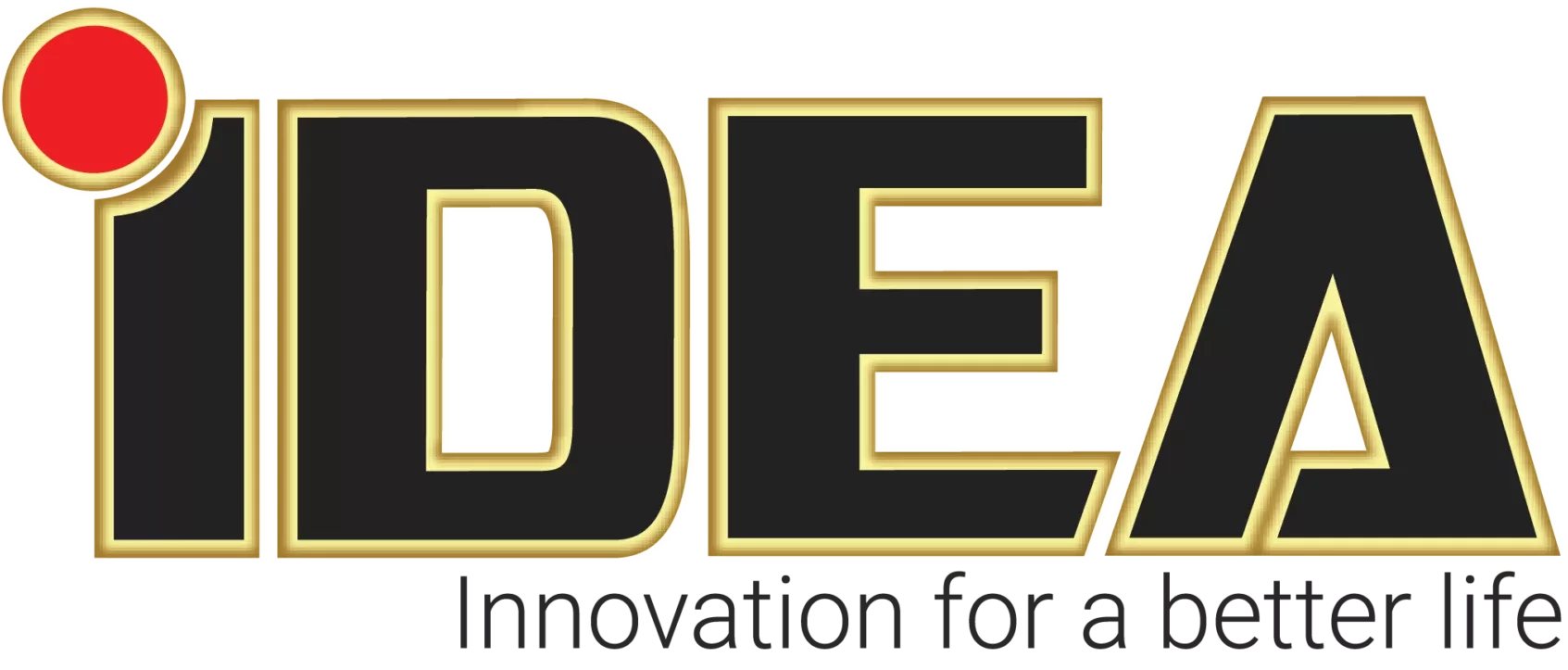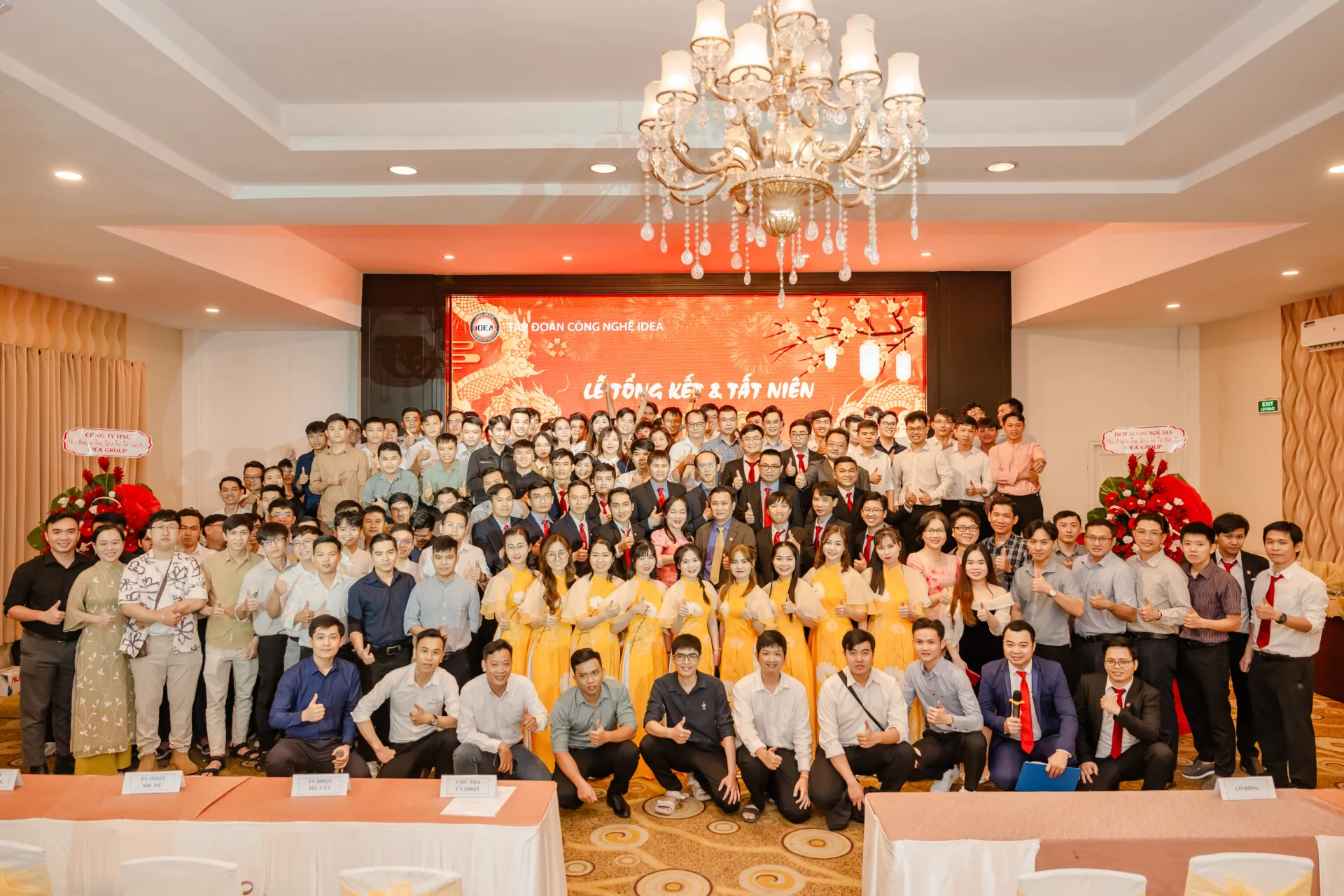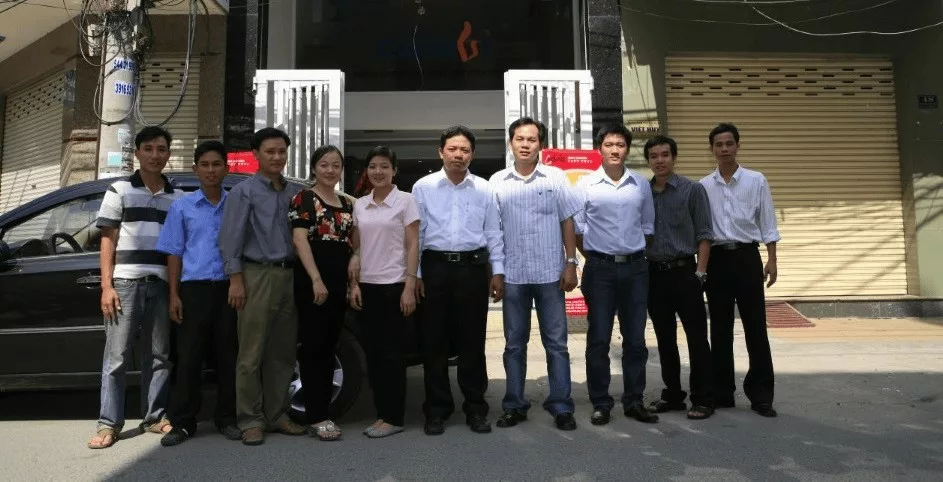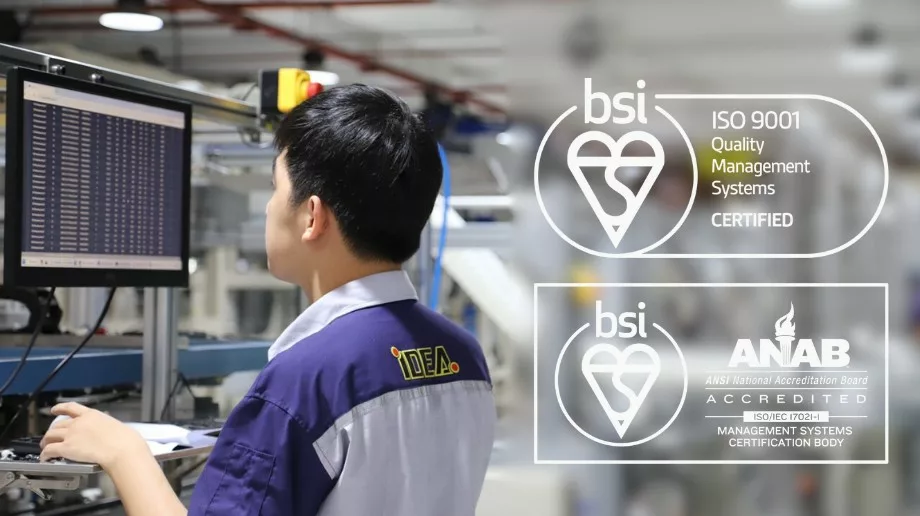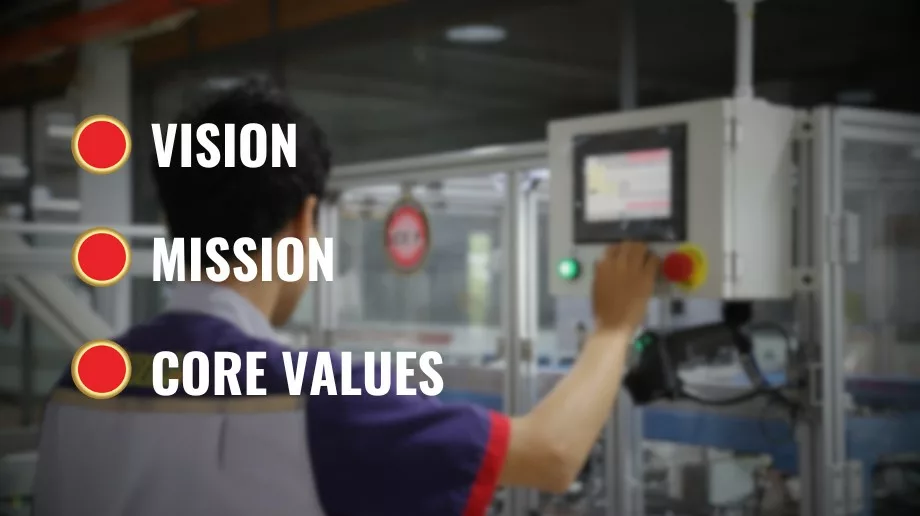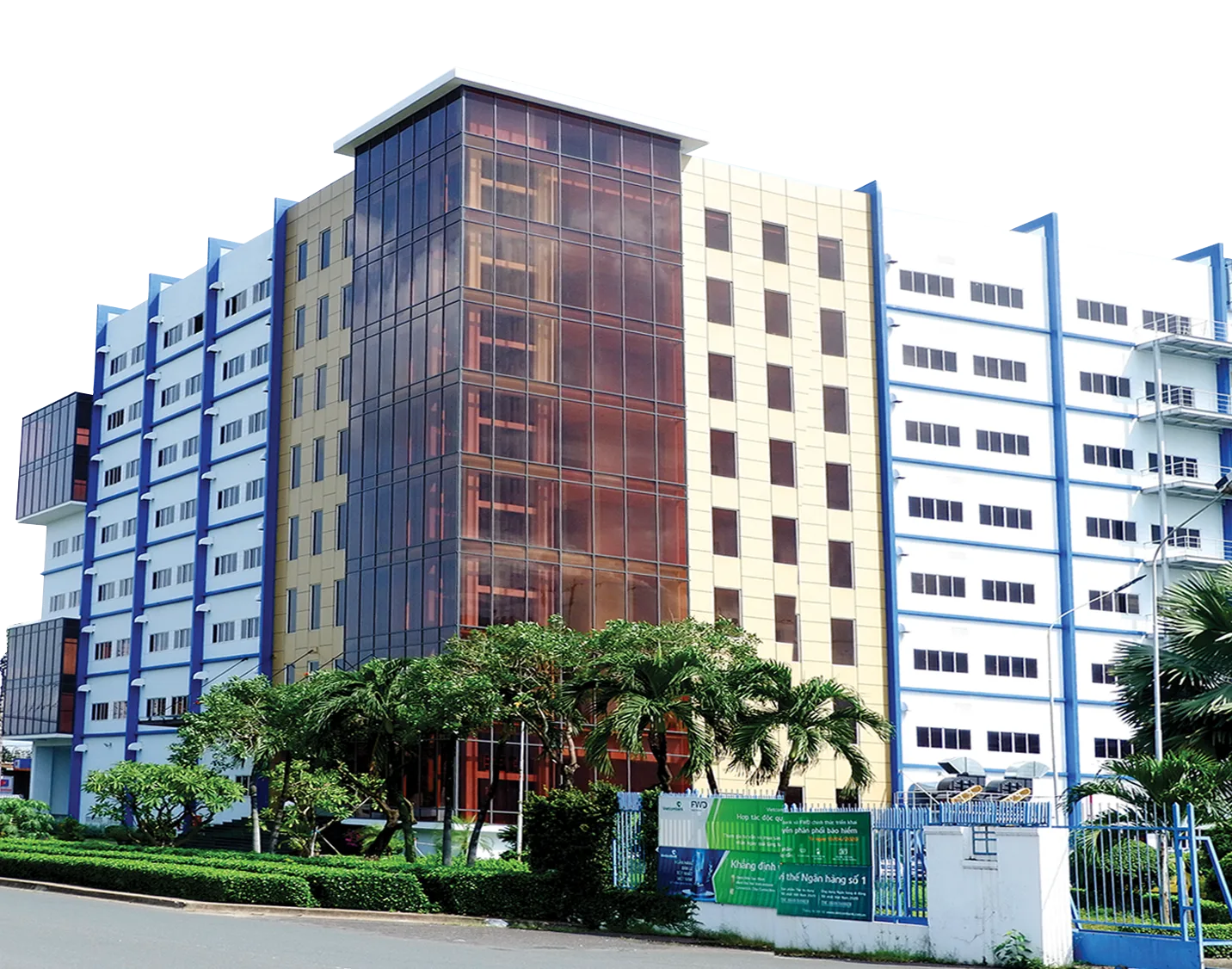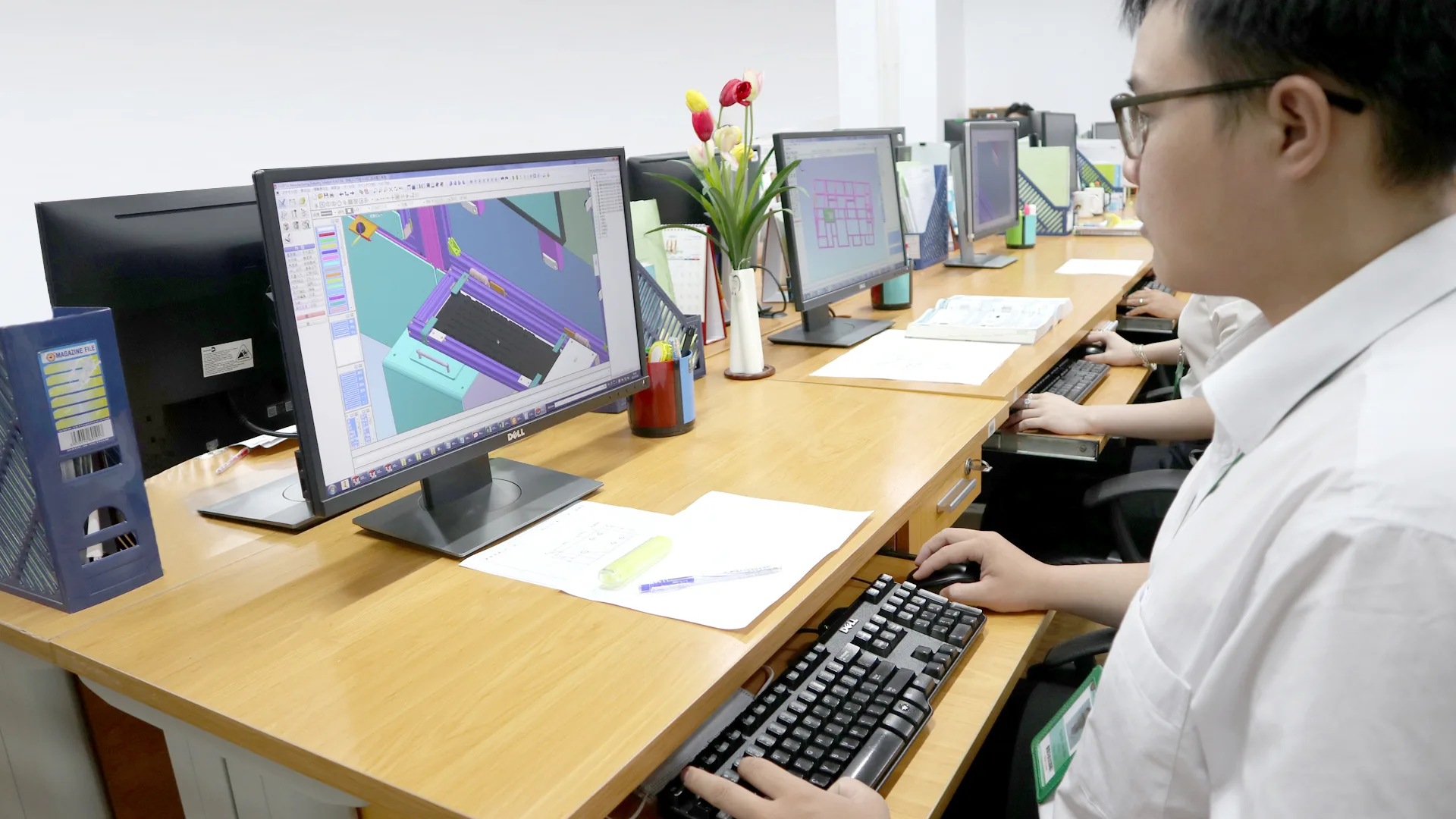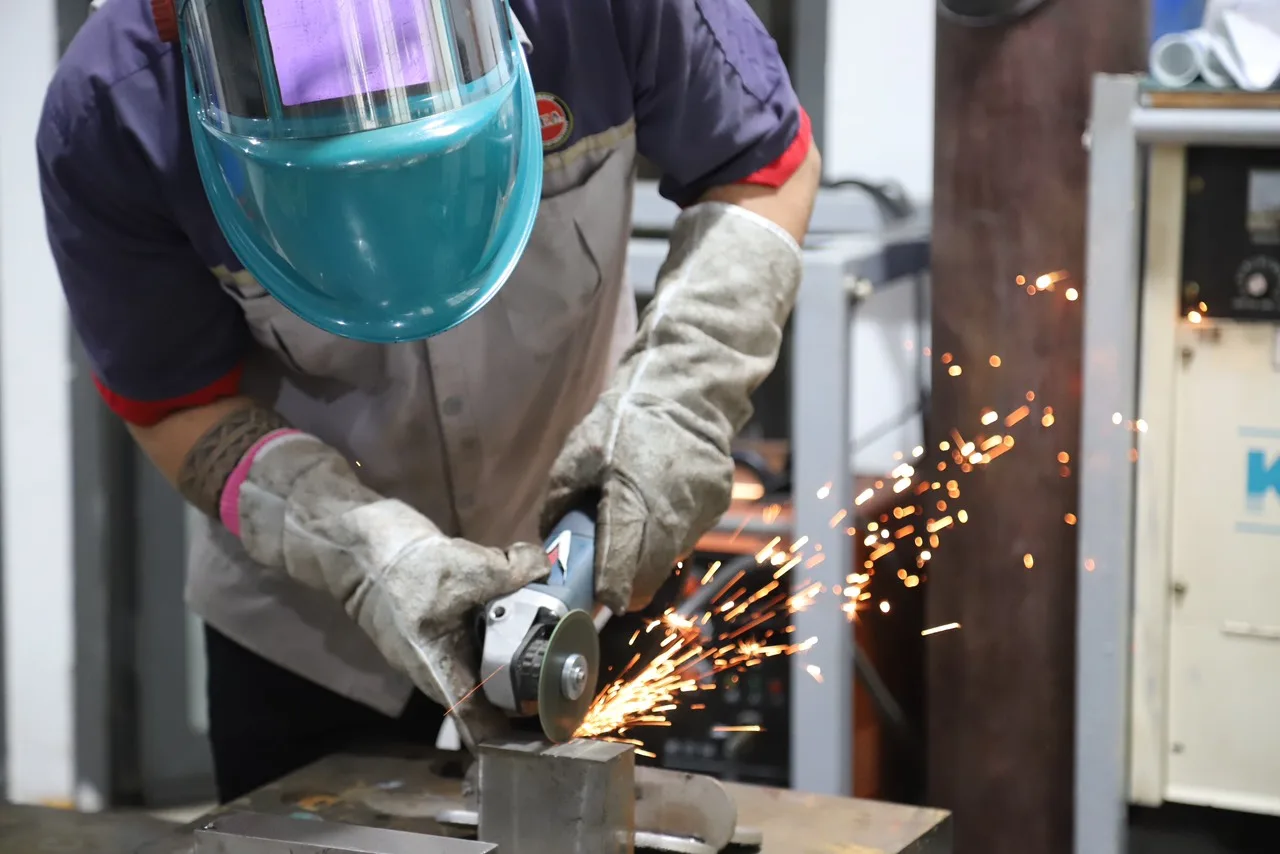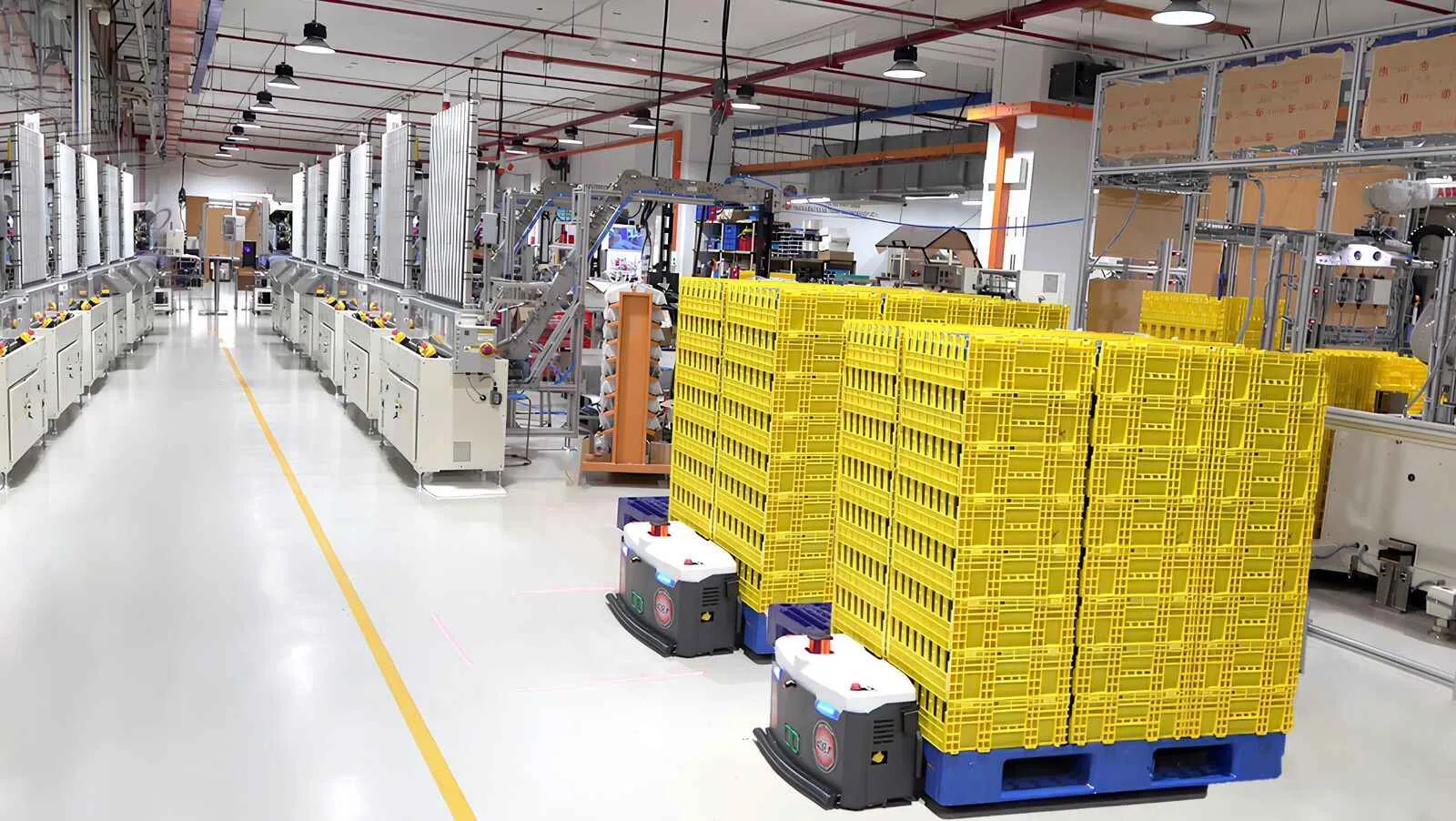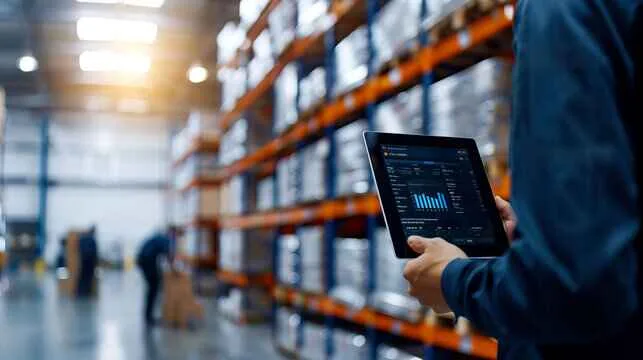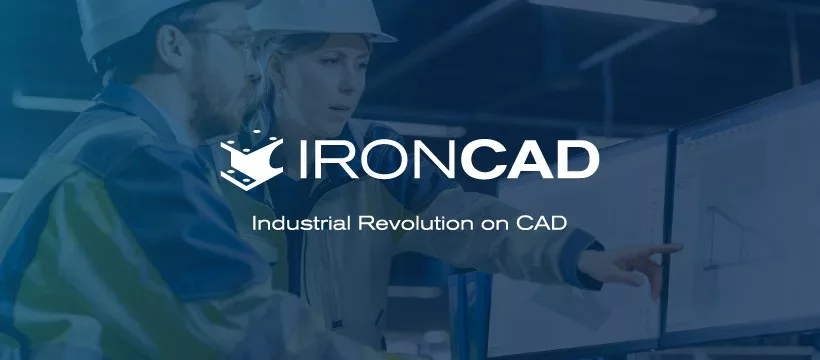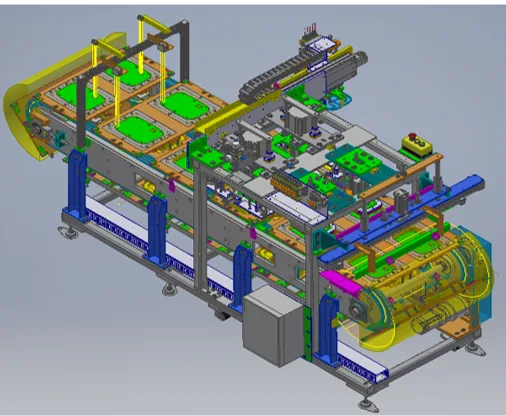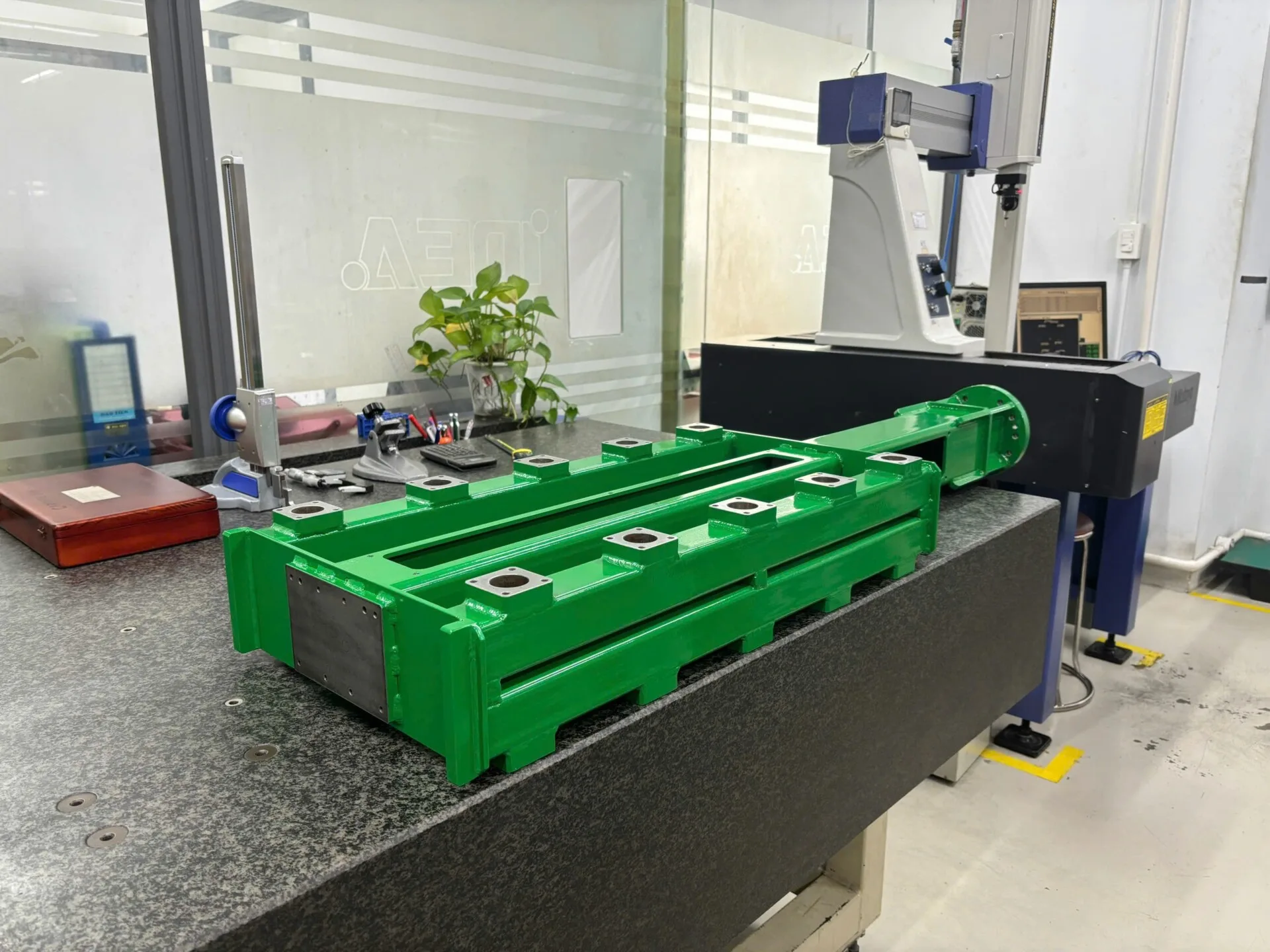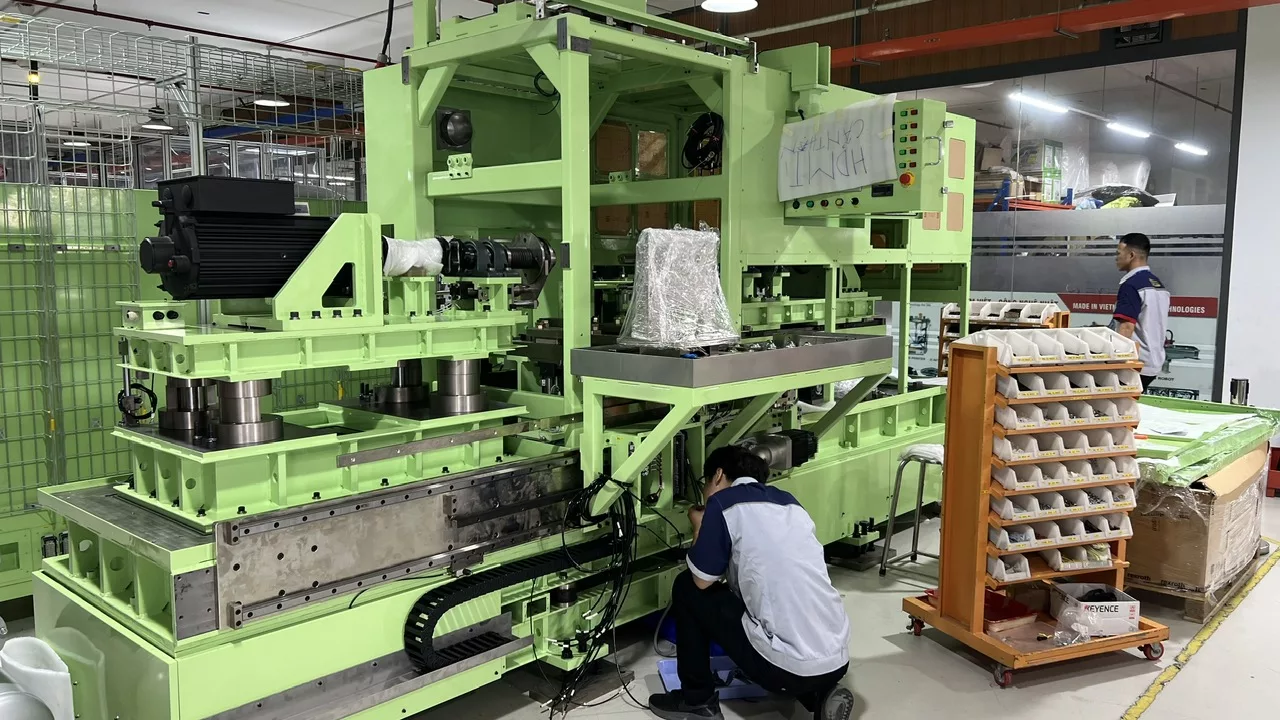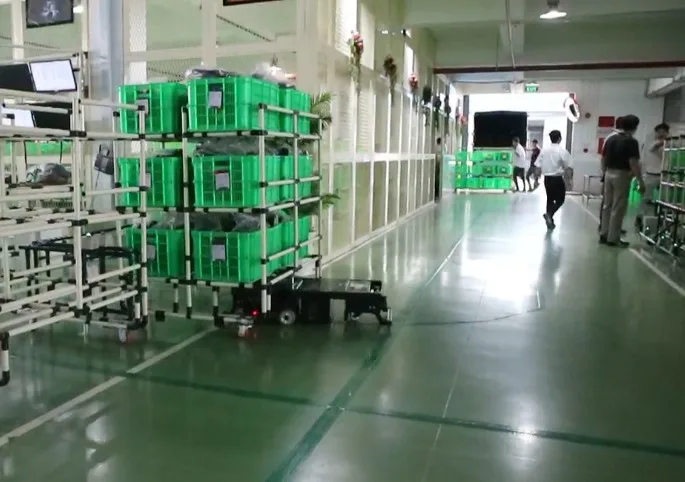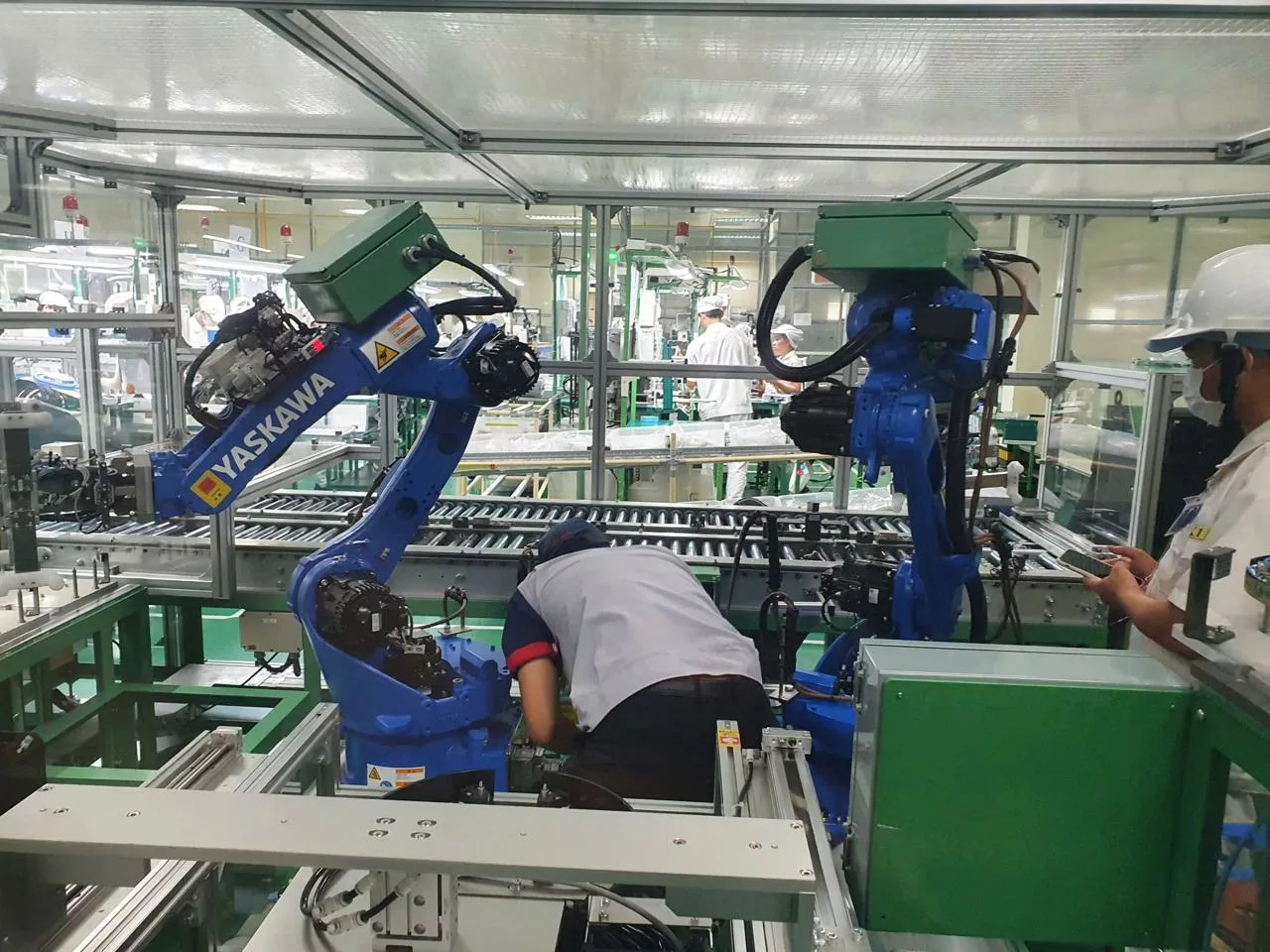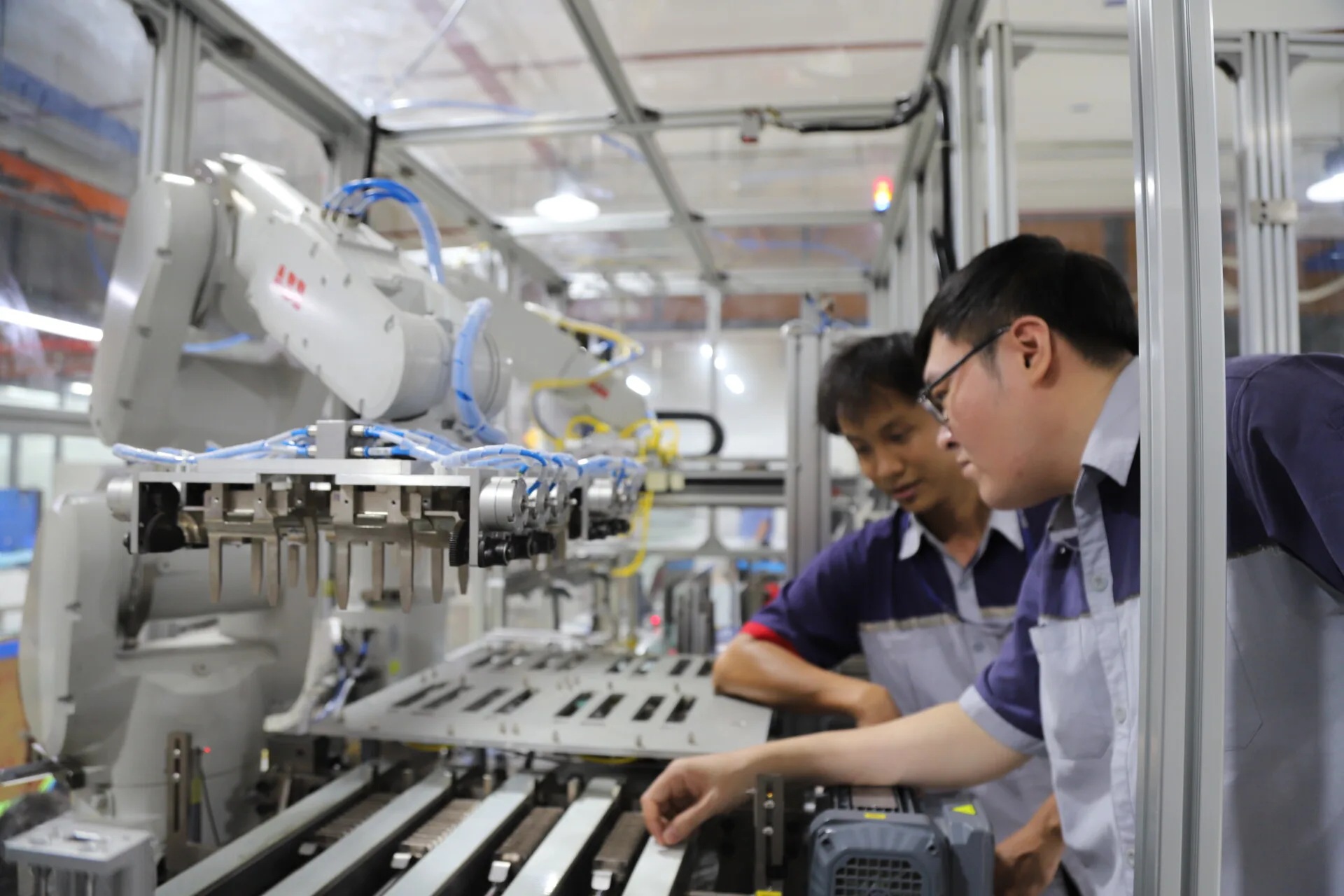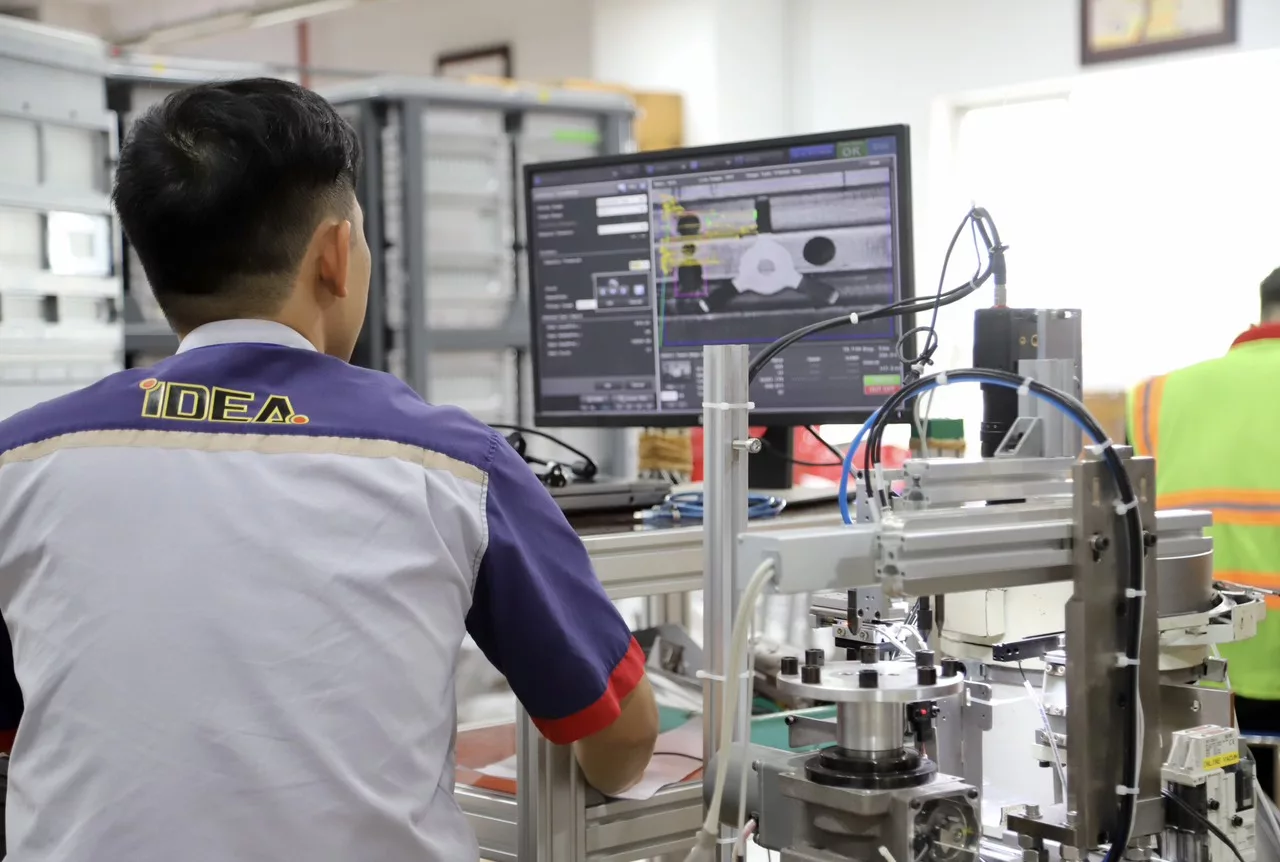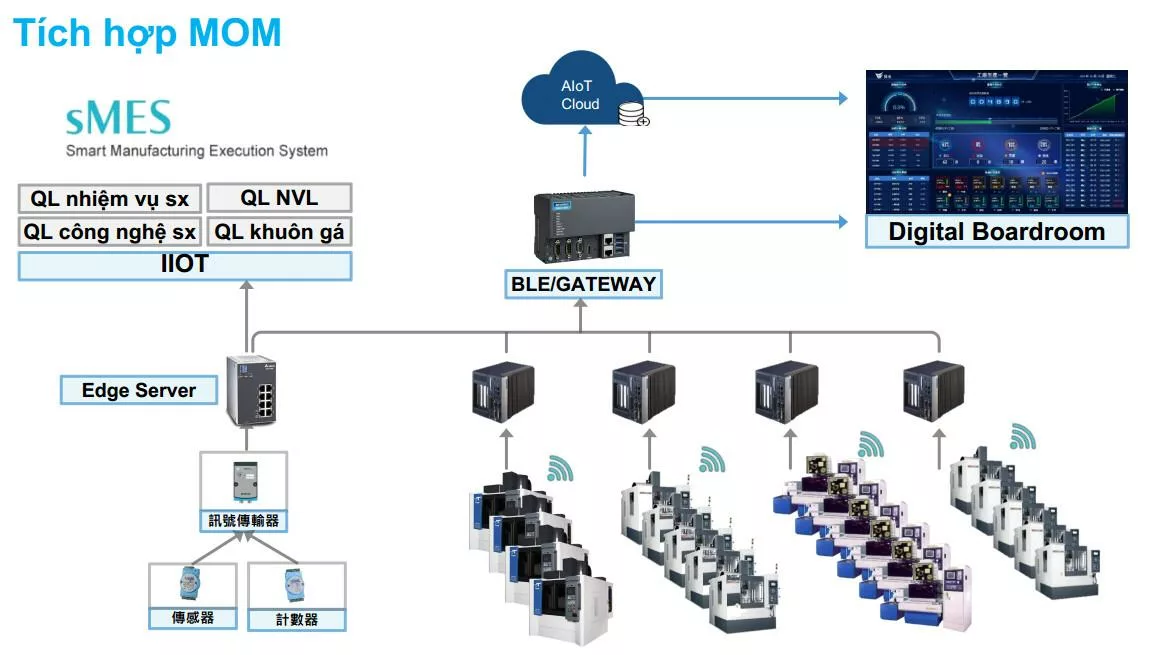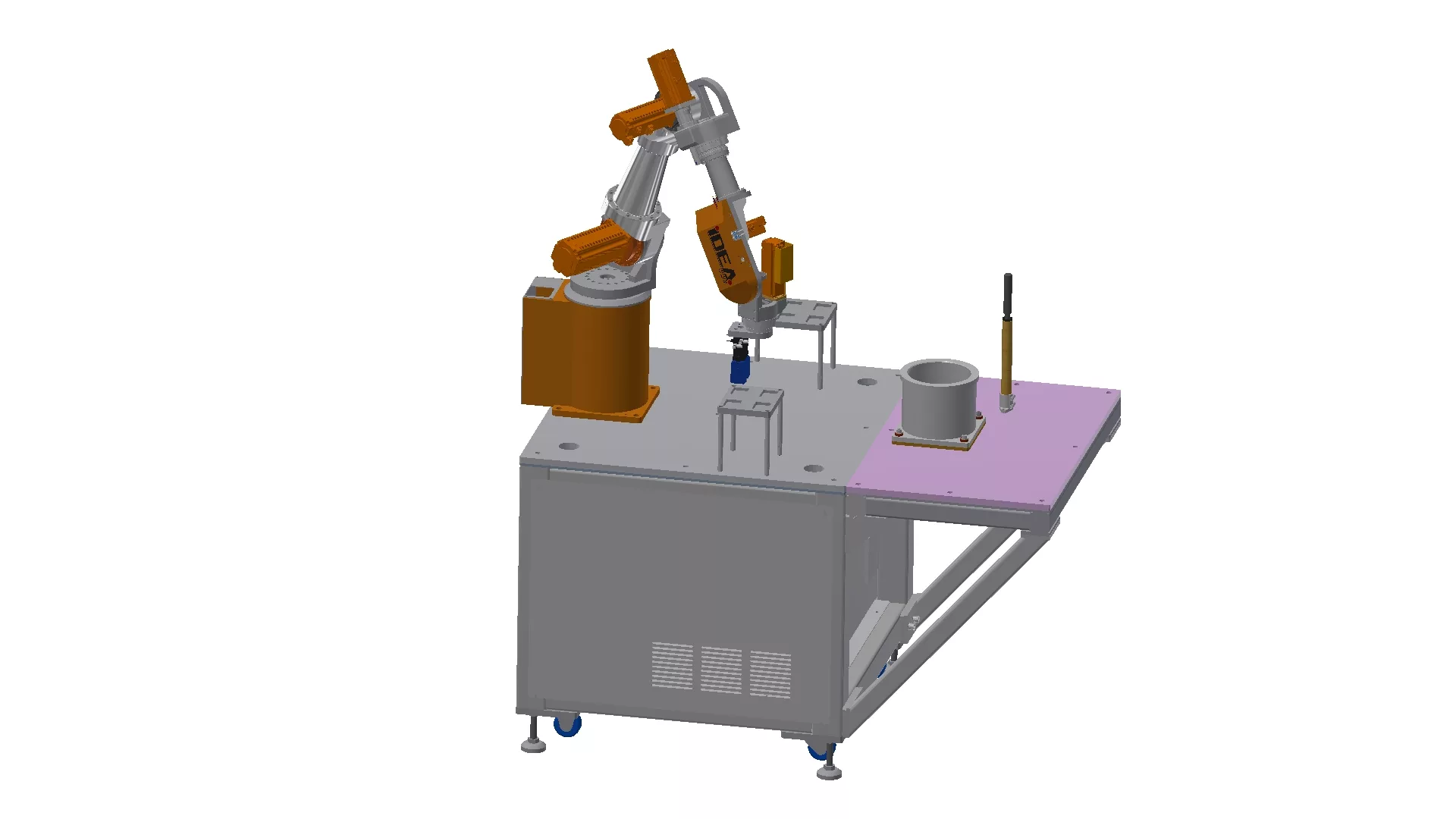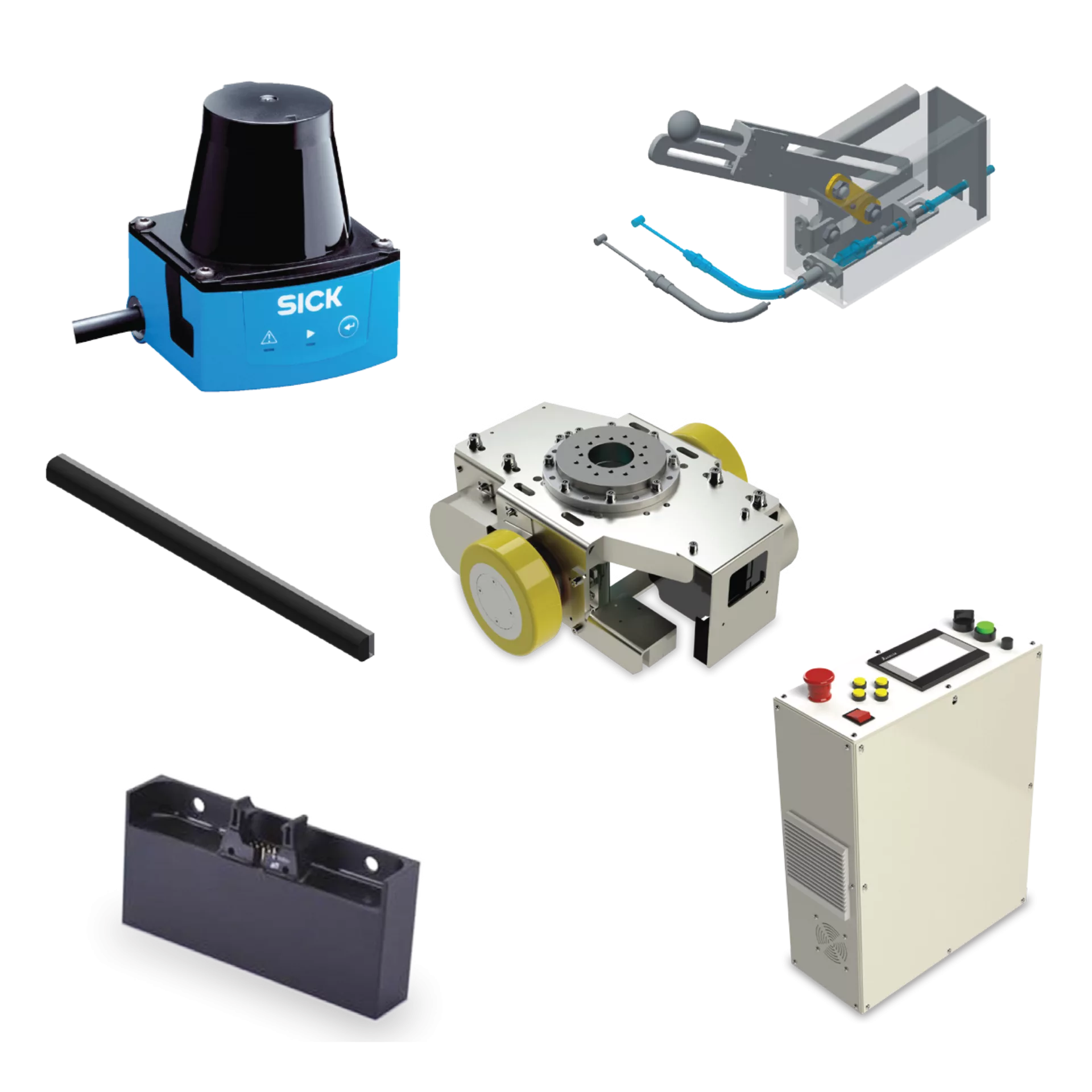As global industries embrace digital transformation, the role of automation in production lines has become indispensable for enhancing efficiency, product quality, and operational safety. Automation technologies are revolutionizing traditional manufacturing processes, allowing businesses to scale rapidly while reducing manual labor and minimizing errors. For companies focused on industrial improvement, integrating automation is not just a luxury—it’s a competitive necessity in modern production environments.

Why Automation Matters in Production Lines
Automation brings a host of advantages that directly contribute to industrial growth:
- Increased efficiency: Automated systems can work continuously without fatigue, maintaining consistent production speeds.
- Improved quality control: Sensors and advanced vision systems ensure precise manufacturing standards.
- Cost savings: Reduced dependence on manual labor lowers long-term operational expenses.
- Workplace safety: Robots and autonomous systems reduce the risk of injury in hazardous environments.
Key Applications of Automation in Production Lines
Across various industries, automation is implemented in diverse ways to streamline processes and improve output. Below are some of the most impactful applications:
1. Assembly Line Automation
Robotic arms and collaborative robots (cobots) are widely used in assembling components with high precision and speed. These machines handle repetitive tasks—tightening screws, inserting parts, or welding—where human error could disrupt production flow.
2. Material Handling and Logistics
Automated conveyors, guided vehicles (AGVs), and robotic palletizers optimize the movement of goods within a facility. These systems reduce downtime, improve inventory flow, and integrate effectively with warehouse management systems.
3. Quality Assurance and Inspection
Advanced automation systems use machine vision and AI algorithms to inspect and validate product quality in real-time. This ensures defective parts are identified before reaching the next stage of production, reducing waste and enhancing quality consistency.
4. Packaging and Labeling
From bottle filling to labeling cartons, automation streamlines end-of-line production tasks. These systems facilitate faster shipments and allow for real-time adaptability to different product types or SKUs.
5. CNC Machining and Additive Manufacturing
Computer Numerical Control (CNC) machines combined with robotic arms automate precision machining tasks. In additive manufacturing, automation allows for rapid prototyping and short-run production with minimal manual intervention.
6. Predictive Maintenance and Condition Monitoring
Automation systems equipped with sensors and IoT devices enable real-time monitoring of equipment health, predicting failures before they occur and reducing downtime.
7. Data Analytics and Process Optimization
Automated data collection and advanced analytics help manufacturers optimize workflows, identify bottlenecks, and improve overall production efficiency through data-driven decisions.
Industries Benefiting from Production Line Automation
Automation technologies are transforming multiple sectors, including:
- Automotive Manufacturing: High-volume assembly, welding, and painting processes are largely automated.
- Electronics: Precision placement and soldering of tiny components demand the accuracy of robotic systems.
- Food & Beverage: Packaging, sorting, and quality control processes are automated for hygiene and speed.
- Pharmaceuticals: Automation ensures accurate dosage, sterile handling, and data logging for compliance.
Implementing Automation: Considerations for Industrial Improvement
To achieve sustainable industrial improvement through automation, organizations must:
- Evaluate current workflows and identify automation potential.
- Select the right technologies aligned with operational goals.
- Train workforce for integration and monitoring of automated systems.
- Partner with industry experts for system design and implementation.
Collaborating with experienced automation partners like IDEA Group Vietnam ensures that custom design and machine integration meet specific business needs and budgetary constraints.
For complex machine development and turnkey automation projects, explore our Machine Design and Drafting Services to add expert capabilities to your next initiative.
Technology Partners and Resources
Leveraging platforms such as Chetaomay IDEA and the component marketplace IDEA Techmart can streamline sourcing and optimize hardware configurations for automation upgrades. These resources provide access to industrial-grade solutions tailored to manufacturing and innovation requirements.
Future Trends in Production Line Automation
As Industry 4.0 advances, automation will increasingly integrate with smart systems, IoT, and AI. Predictive maintenance, real-time analytics, and autonomous decision-making will redefine modern manufacturing, creating connected, responsive production environments that adapt to market needs instantly.
Adopting automation in production lines is vital for companies aiming for operational excellence and sustained growth. To lead the way in industrial improvement, now is the time to invest in intelligent solutions that enhance performance and reliability.
Partner with IDEA—Vietnam’s trusted expert in industrial automation, machine design, and manufacturing—to evolve your production line with cutting-edge automation. Let us help transform your operations with innovation-driven solutions tailored for success.
